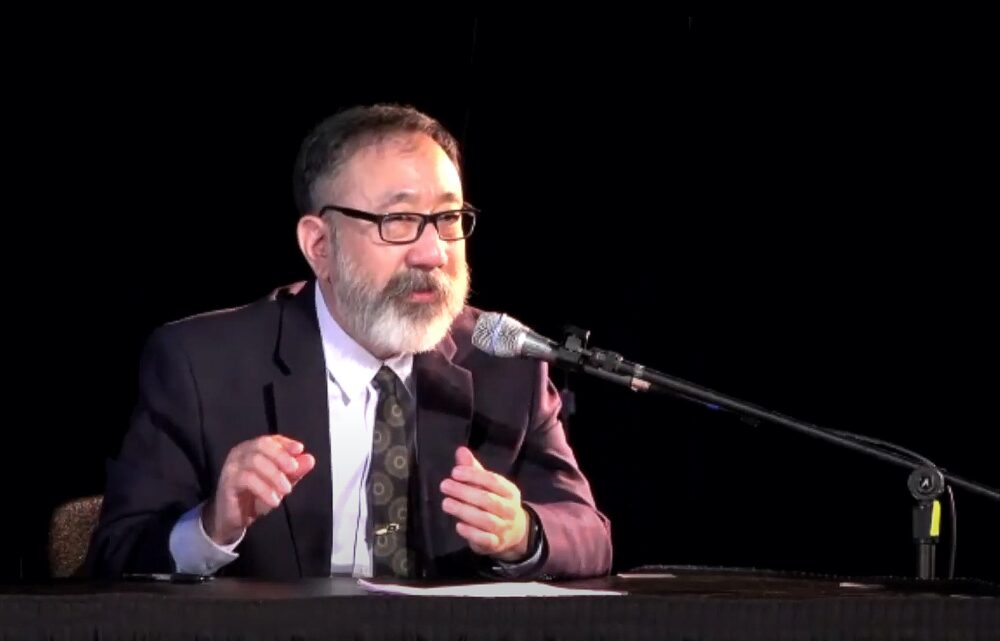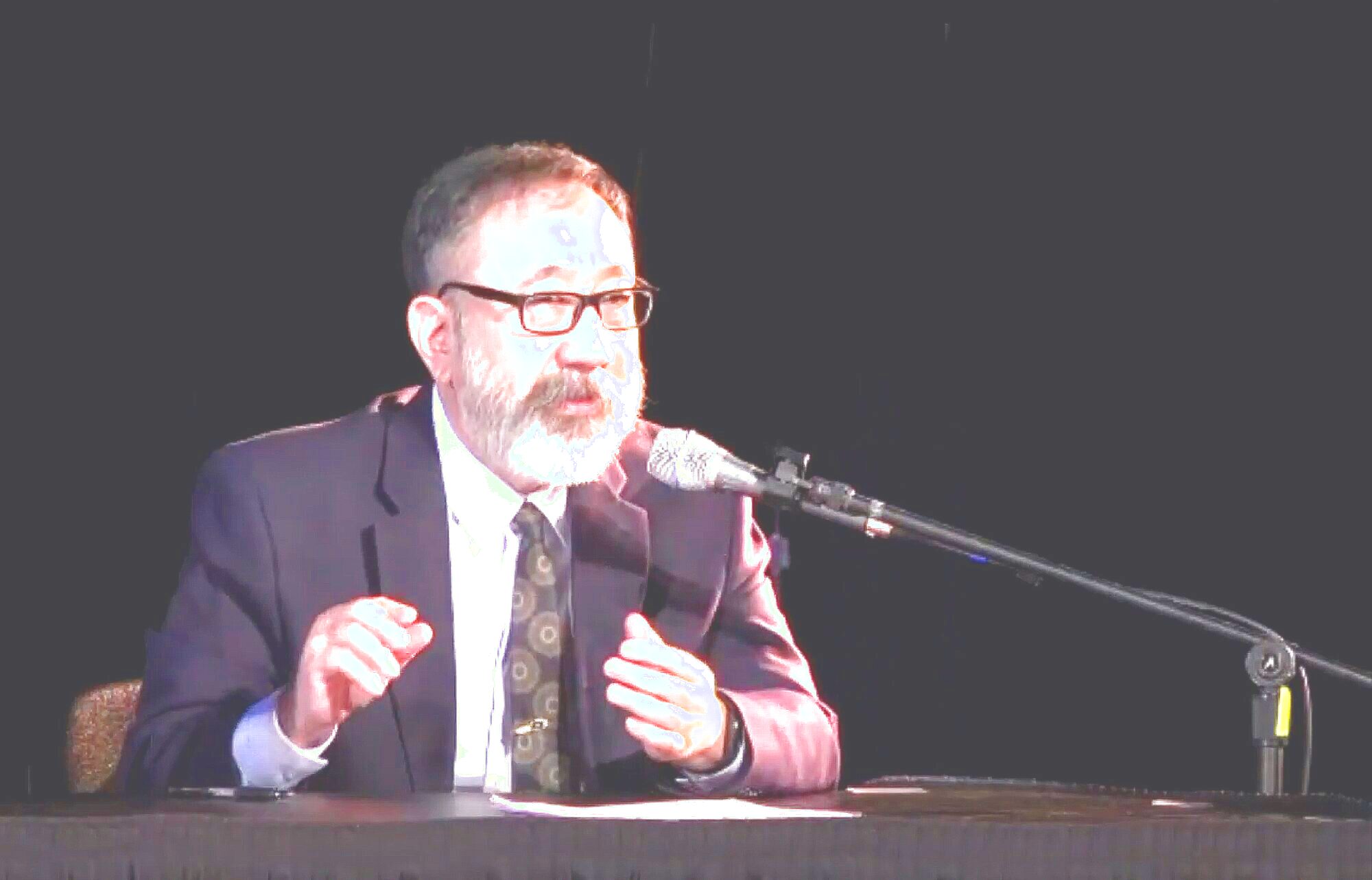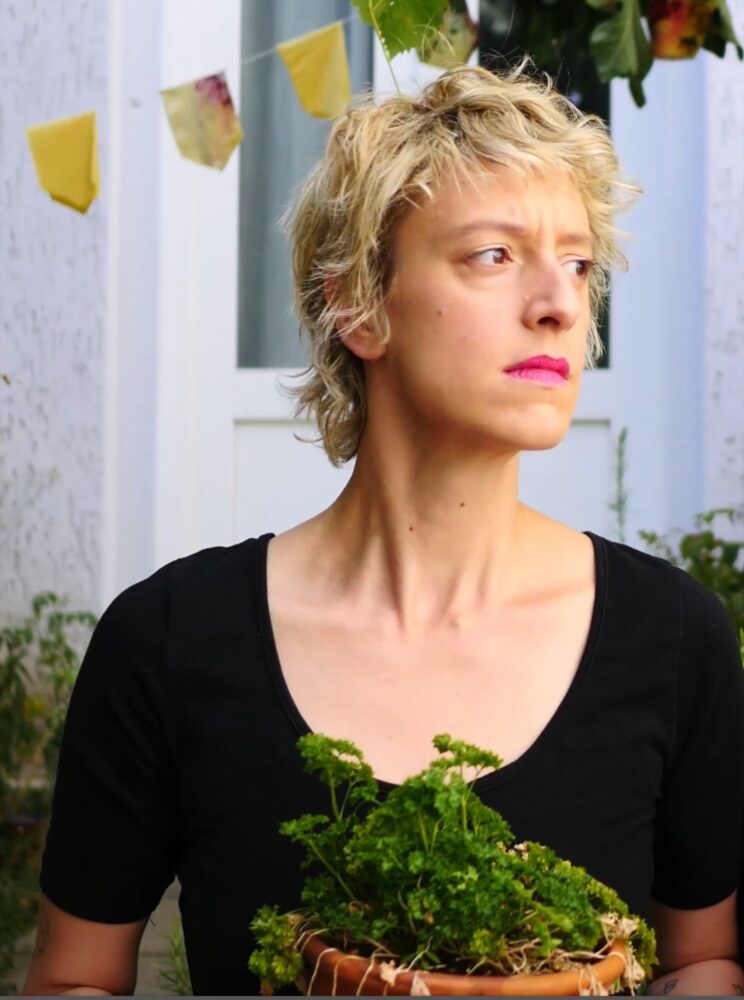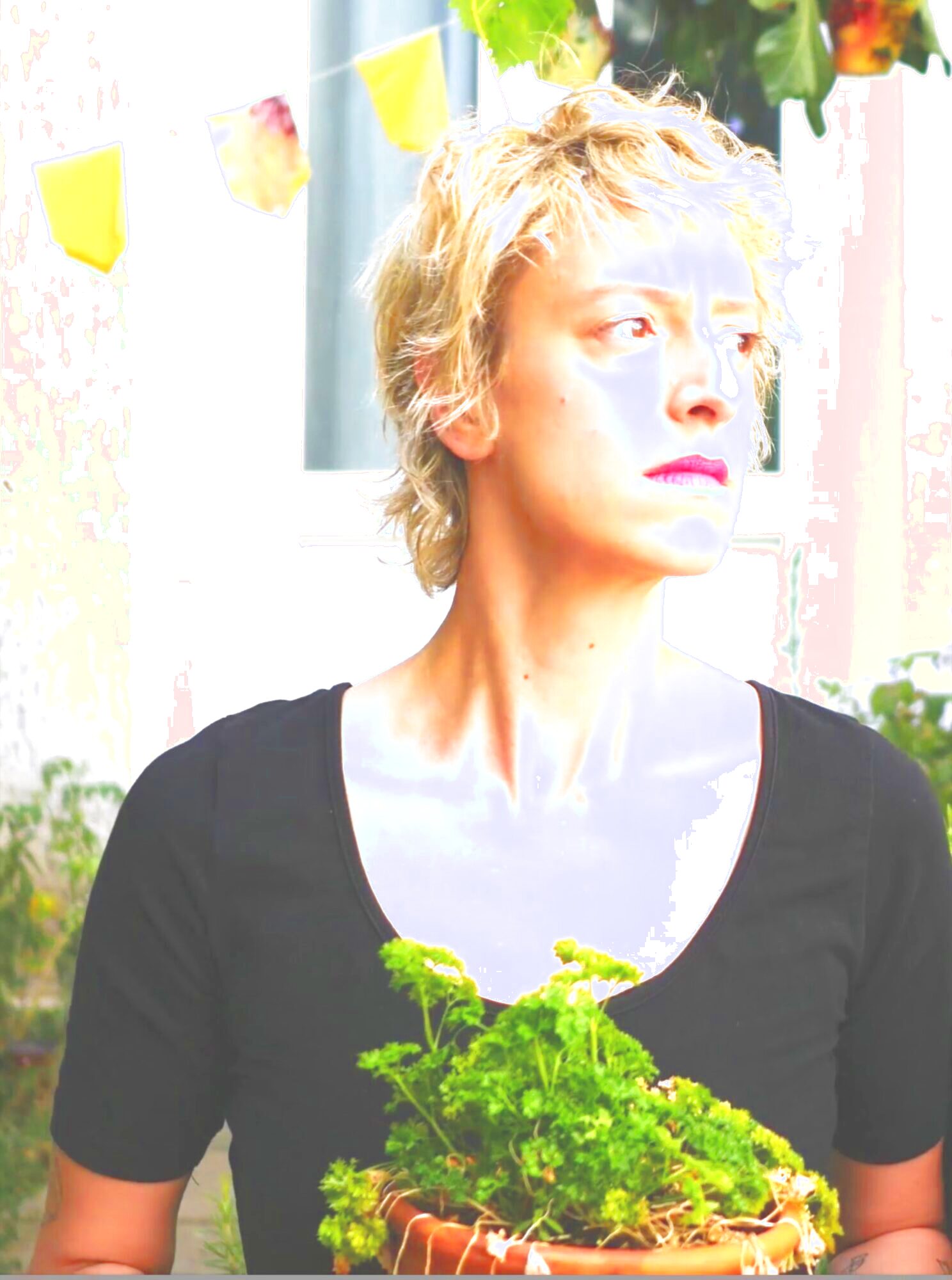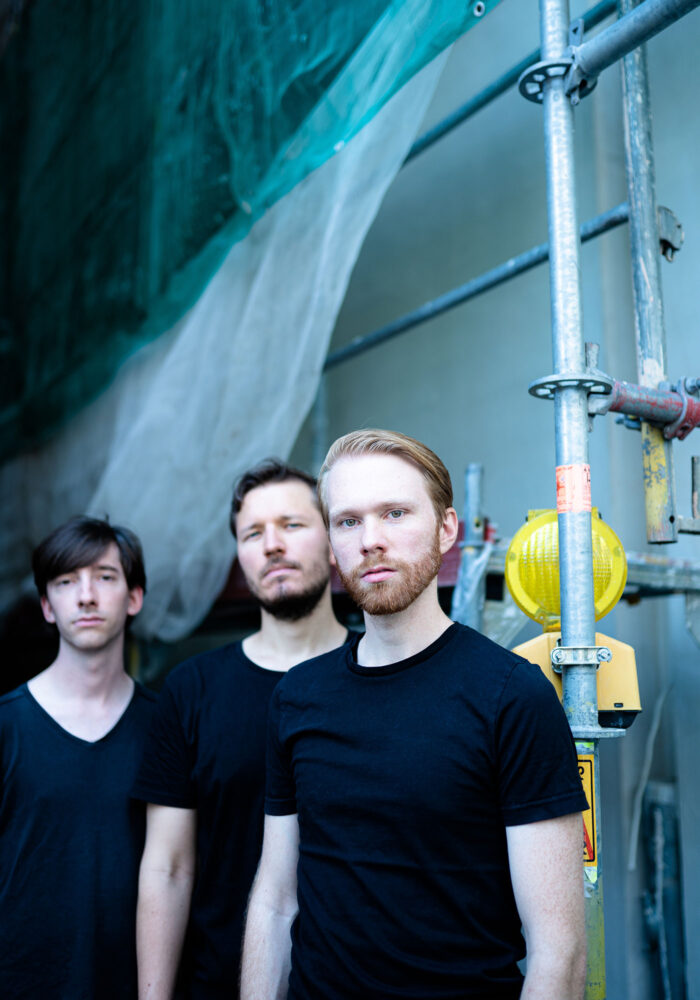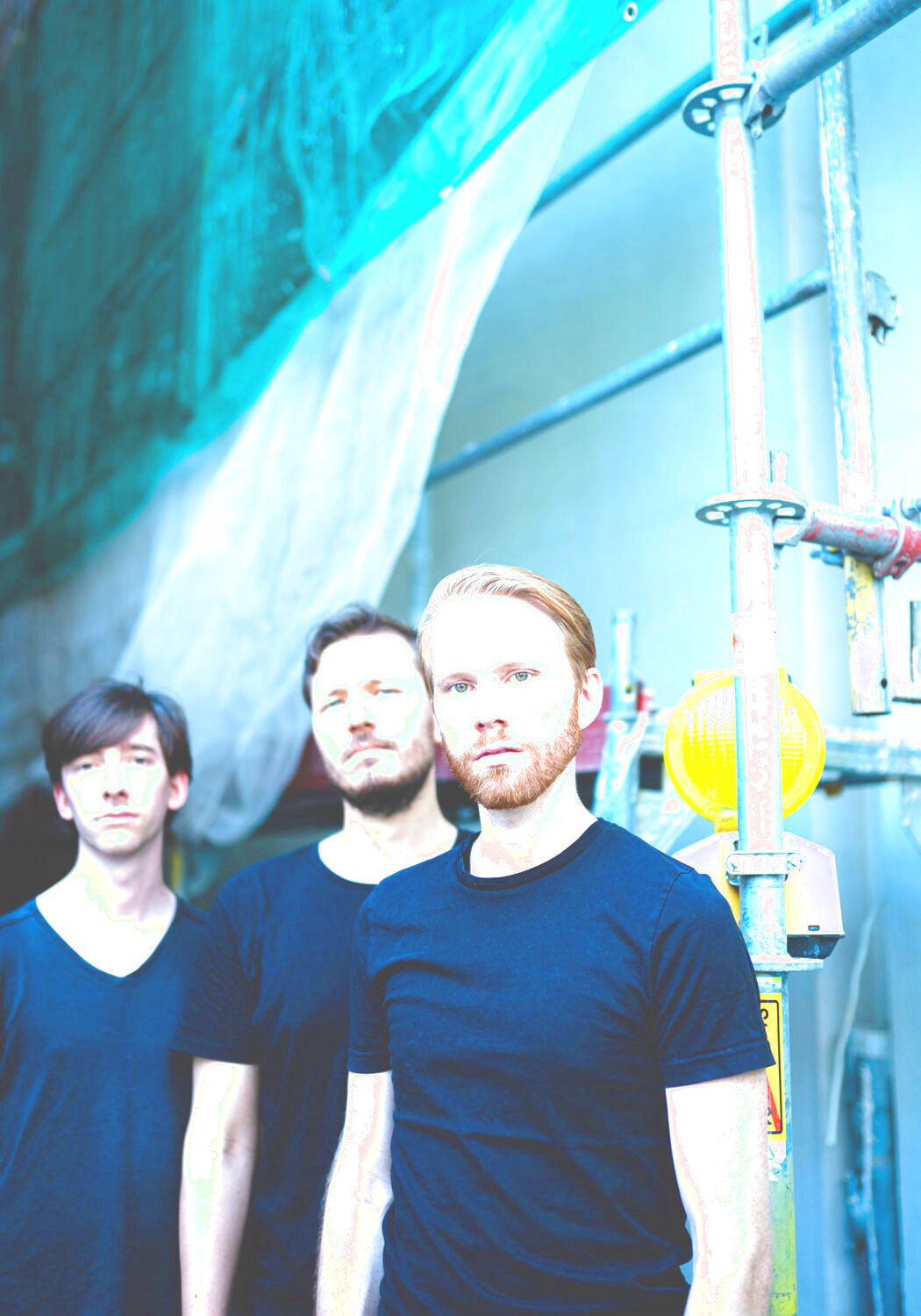Steven Kazuo Takasugi: Die Klavierübung. Version für Pony Says
When I was composing Die Klavierübung (with digital piano samples, no live performance initially) in my Vienna days, the notion of a Klavier Selbstmord accompanied me everywhere and plagued me to no end. Now, I’m not being cavalier about the very serious notion of mental illness in this regard. The idea is a personal one of course, but as I told a good friend once, you can do things in art…such as self-obliteration…that you cannot do in life. Truth is, it was as if the piano, exhausted with its repertoire and its long and illustrious history, was asking me most emphatically, “Why are you writing another piano piece?! Requiescat in pace. Let me rest in peace already!” I must confess, this idea came to me here in Stuttgart, at the Academy Schloss Solitude. The palace proper was undergoing major renovations and to educate the public, the rotting wood and crumbling plaster of the internal structure were put on display, as well as the exorbitant costs of the renovations, which had not been procured at the time. This served as advertisement for financial support no doubt. No one lived in the castle proper, but on sunny days in summer, it served as the backdrop for staging wedding photos: it was as if the castle also had to smile for the camera, and I felt sorry for it…this old castle that had witnessed so much history and was frankly, tired…naturally exhausted, rotting from the inside out, but was being forced to stand up straight and say “cheese” at the photographer. And analogous to this, there was something in the selfish idea of keeping the piano alive, that the instrument…now so infected and infused with its newly digitalized underpinning…a digitalized fabricated grin, so to speak…that it didn’t recognize itself as piano, as human anymore.
Steven Kazuo Takasugi
Revised extract from a lecture entitled “JNH: Just-noticeably Human: Lecture on Musical Humanness in the Age of Digital Automation” for the Cultural Foundation Schloss Wiepersdorf, October 18, 2021.
